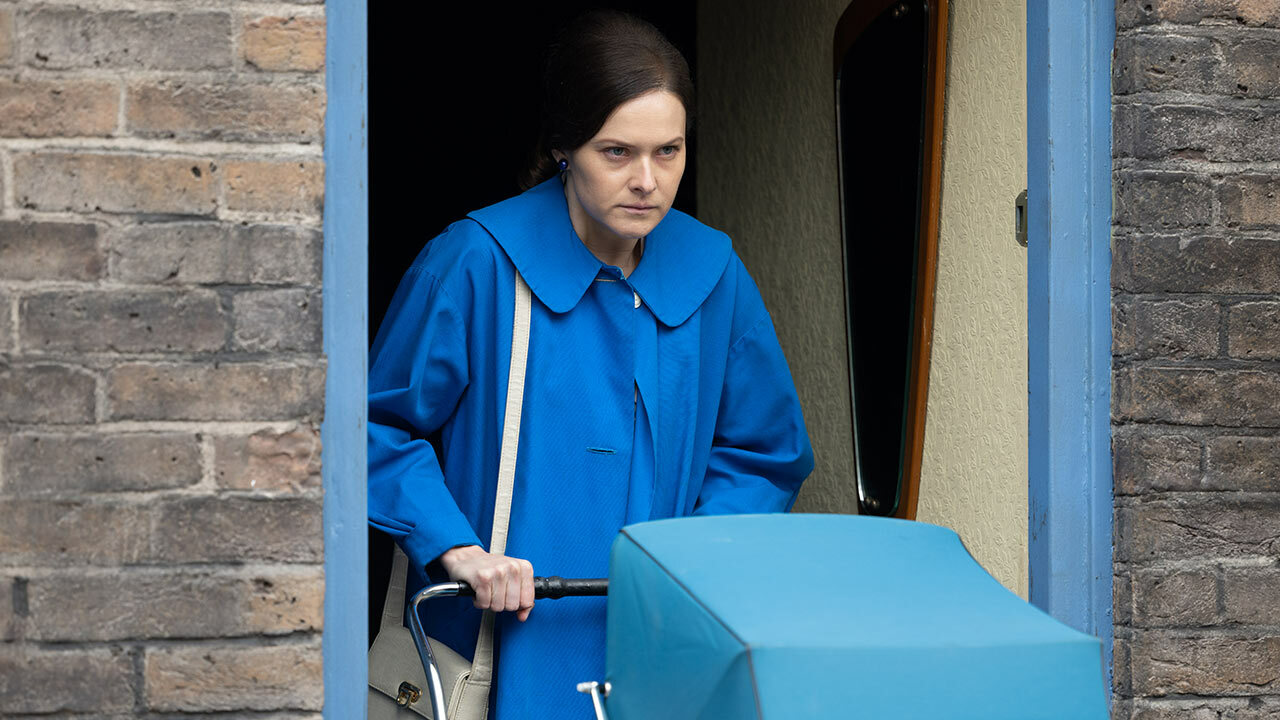Picture it, new mother in a satin flowing gown, semi-reclining on a chaise lounge, the lengths of her gown draped ever so carefully as to fully complement her post-birth body, locks of hair spilling over perfect skin onto her shoulders, baby at breast, mother and baby’s gazes locked in the most loving, engaged glance, a Madonna like smile on her face. That’s the perception... but here is the reality of early postpartum: a yawning, severely sleep deprived, circles under the eyes, breastmilk-stained nightgown wearing (amidst various other stains), cringing at latch due to nipples new to breastfeeding, sitting half on a pillow because of stitches trying to heal, new mother. Sometimes I think it’s a blessing that we are in somewhat of a state of ignorant bliss during our first pregnancies (because we are much wiser after that first one…).
In our culture we spend a great deal of time (rightfully so) concentrated on the prenatal period, yet the postpartum period is woefully neglected. Our American culture places superhuman expectations on us, thinking we can be perfectly adjusted, expertly breastfeeding, adequately rested machines who can return to full-time jobs outside of the home (because let’s face it, being a new mother is a full-time in the home job). The Centers for Disease Control reports that one in nine women experience postpartum depression and 13 to 40% experience postpartum anxiety. As many as 60% of women who exhibit signs of postpartum depressions also have signs of postpartum anxiety; they are not necessarily mutually exclusive. Thankfully both conditions have begun to receive much wider recognition than they have in years past. For those 1-2 women per 1,000 who progress beyond, to postpartum psychosis, the consequences are too often devastating. They can experience paranoia and confusion, hear voices, and hallucinate. I vividly remember caring for a woman several days postpartum on a maternity unit years ago, admitted back to the postpartum unit because honestly there really wasn’t an adequate treatment facility for her. In the courtyard outside of the hospital was a statue and often when entering her room, she would be carrying on a full-on conversation with this statue, whom she said spoke back to her. It was heartbreaking for her partner and the family, as well as for her.
Adding to the pressure placed upon us by society, is the ugly demon of comparison. We see what we think is reality in our friends, neighbors, and sisters who seem to have it all together after giving birth. But none of us knows what goes on in an individual woman’s home to maintain that “appearance”. And for some motherhood is just less challenging than it is for others. As in this episode, Mrs. Corder’s sister had no problems breastfeeding twins, while she was saddled with feelings of inadequacy and guilt because it was a struggle for her to nurse just one. And there is not enough space in this blog to get into the “mommy wars” in which women find themselves – breast vs bottle, cloth vs paper diapers, sleep alone vs co-sleep… a literal cornucopia of debates in which women can get caught.
Grandmothers, mothers-in-law, sisters, and friends of new mommas listen to me on this… when your loved one gives birth, I know you want nothing more than to get in there and snuggle that new baby, get your fill of sweet new baby smells, and sit and rock while marveling at every coo and sigh, BUT - hear me on this - your responsibility is to mother, and pamper, and love on the new momma. The first weeks and months of parenthood are so incredibly hard. Don’t descend on her expecting to sit and rock away the day while imparting your own motherly wisdom. Come prepared to do the laundry, help with the housework, make some meals, even better yet tell the new mamma that you are coming over strictly so that she can nap while you attend to the house and other children. If you’re really a good support, you may offer to take a night shift and get up with baby so that momma can get 6 or more hours of continuous sleep. I always tell new mommas that there is a reason that sleep deprivation is used as a torture method. Sometimes the very best thing for momma’s physical and mental health that we can do is to let her get more than two hours of sleep in a row… and while you are there mothering that mamma, you will get to work in plenty of newborn snuggles, I promise.
